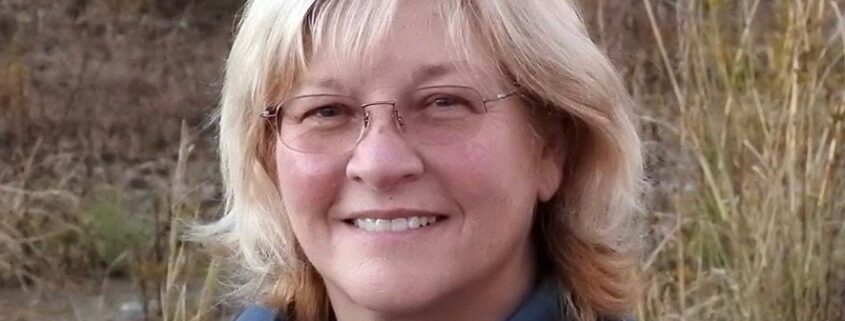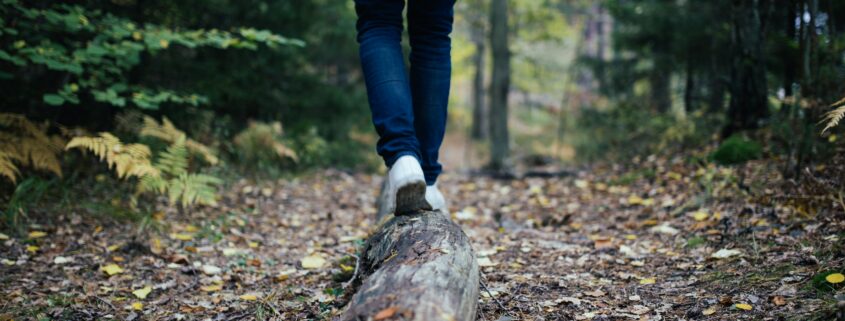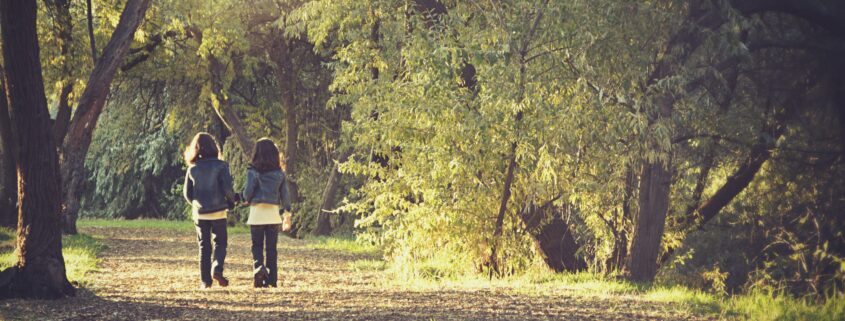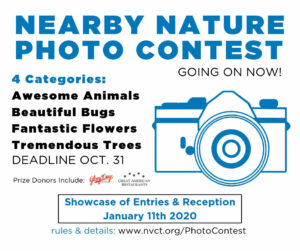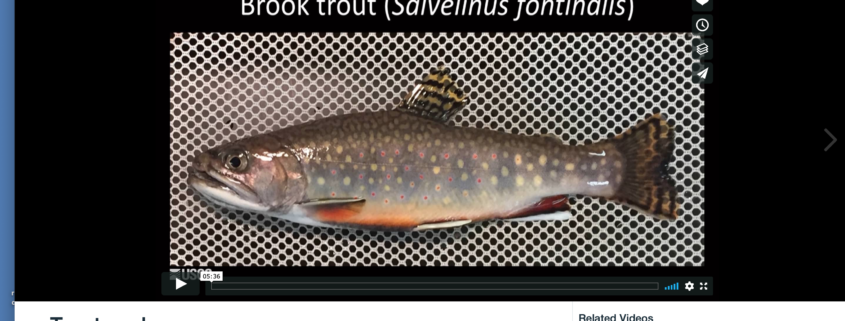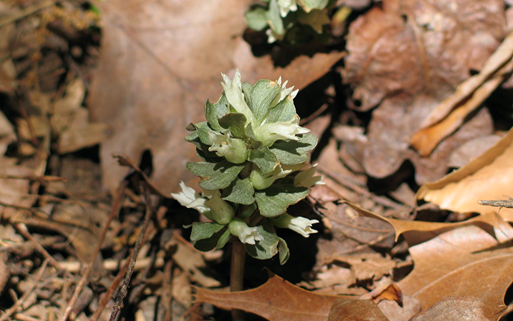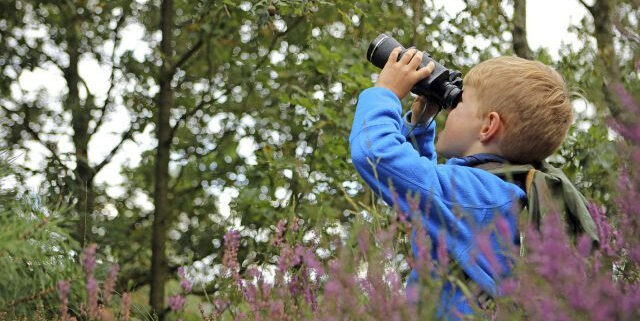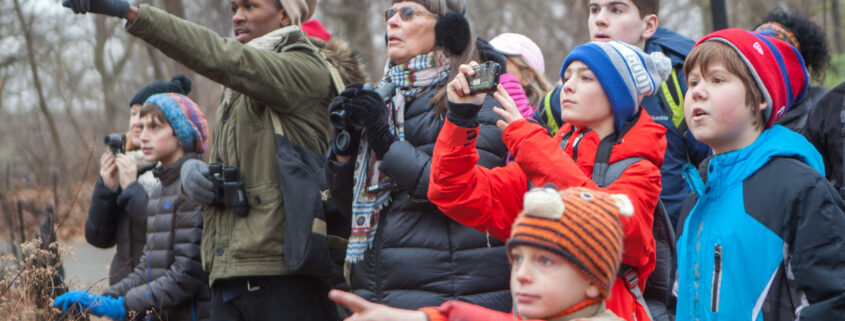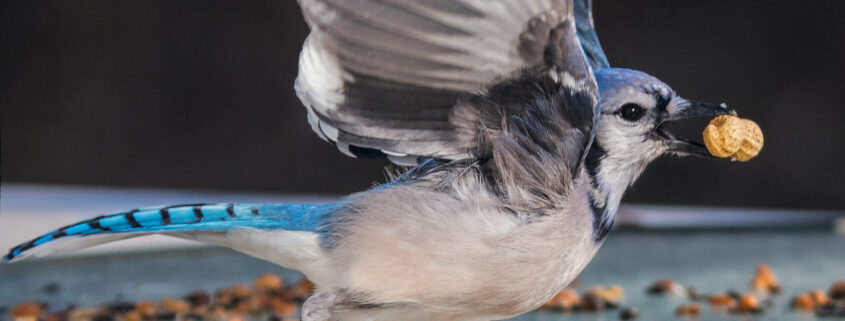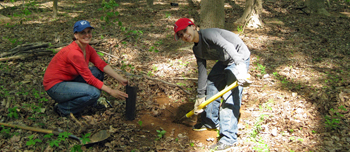FMN members win 2019 Environmental Excellence Awards for service
The 2019 Environmental Excellence Awards recipients are:
Individual Awards:
- Catherine Ledec
- Helen Stevens
Organization Awards:
- Faith Alliance for Climate Solutions
- Reston Annual State of the Environment (RASER) Working Group
County Employee Award:
- James Hart
- Noel Kaplan
Catherine Ledec
Cathy Ledec has worked on many local initiatives regarding natural resource protection, restoration and land use. Cathy is an indefatigable public advocate, leader and volunteer who inspires others and works to incorporate environmental considerations and impacts into decision-making.
As president of the Friends of Huntley Meadows Park, Cathy led two conservation campaigns that resulted in the long-term conservation of natural and historic resources, including rare and globally significant resources.
One campaign challenged a local utility through the State Corporation Commission’s regulatory process, in which a transmission line rebuild project was proposed on Huntley Meadows Park property. Cathy spent hundreds of hours leading volunteers, reviewing the proposal, collecting documents to verify the presence of threatened species and habitats, consulting with experts, preparing and submitting testimony and responding to questions, all under tight deadlines. As a result of her leadership and persistence, the utility company agreed to change the project design to avoid permanent damage to a historic viewshed, reduce the transmission line collision risk for birds and ensure the protection of natural and cultural resources at Huntley Meadows.
Cathy led another campaign to remove two conceptual paved bike trails from Fairfax County plans for Huntley Meadows Park, thereby protecting sensitive park resources. Cathy compiled scientific evidence on the significance of the areas to be impacted, including the presence of rare plants, animals, and habitats. She organized community support and guided those who wanted to provide public testimony, a first for many. This led to unanimous support from both the Planning Commission and the Board of Supervisors for the removal of these conceptual trails from County plans.
In addition to providing public comments to minimize the impacts of development projects, Cathy performs public outreach as a certified Fairfax Master Naturalist, Audubon-at-Home ambassador and member of the Plant NOVA Natives coalition. She also restores habitats as a site leader for the Fairfax County Park Authority Invasive Management Area program and as the president of her homeowners’ association; participates in citizen science for the Washington, D.C. and Fort Belvoir Christmas Bird Counts; and serves on multiple advisory boards, including Supervisor Dan Storck’s Environment Advisory Committee. She led efforts to restore habitat at the Mount Vernon Government Center, chaired Supervisor Storck’s first Environmental Expo in 2018 and was recently elected Chair of the Fairfax County Tree Commission.
Cathy has made significant contributions to the advancement and support of many of the county’s environmental goals with tangible results and motivates others to get more involved, often against difficult odds, to create a more lasting and healthy community for all of Fairfax County’s residents.
Reston Annual State of the Environment Working Group
The Reston Annual State of the Environment (RASER) Working Group, established in 2017 by the Reston Association’s Environmental Advisory Committee, is comprised of nine volunteer professionals and citizen scientists, including Doug Britt, Don Coram, Robin Duska, Linda Fuller, Carl Mitchell, Sara Piper, Claudia Thompson-Deahl, Katie Shaw, and Stephanie Vargas.
Since the completion of the RASER in November 2018, the RASER Working Group has presented the findings of the report to the public and evaluated and documented progress toward implementation of the 2018 recommendations.
The report evaluates the status of an array of environmental resources and attributes related to air, water, forests, meadows, wetlands, landscaping, urban agriculture, wildlife, hazardous materials, light and noise pollution, and education and outreach; incorporates information from more than 325 data sources and scientific reports; and describes how each attribute relates to Fairfax County’s Environmental Vision. Nearly 2,000 hours of volunteer time went into the production of the RASER and the implementation of many of its 72 recommendations.
To address the paucity of information about wildlife in Reston, the RASER Working Group recommended that Reston implement a BioBlitz to collect information on biological diversity. During the subsequent event, scientists, citizen scientists, and other interested parties were recruited and then conducted inventories of biological species in Reston. More than 90 naturalists and volunteers (including the RASER Working Group) identified 608 separate species of plants, animals and other organisms within Reston.
The Working Group also addressed the protection of Reston’s urban forests and residential connections to their environs through 55 miles of paved and natural pathways. The Working Group noted that such connections were central to the growing Biophilic movement, which recognizes that connecting urban landscapes with nature provides physical, mental, and emotional benefits, in addition to many ecological services.
The RASER Working Group recommended that Reston apply for membership into the prestigious international Biophilic Cities Network. Reston subsequently became the first Virginia community and the first unincorporated community to be accepted into this worldwide network, joining such cities as Singapore, Oslo, Wellington, Sydney, Birmingham, Edmonton, Austin, Phoenix, Portland, Pittsburgh, San Francisco and Washington DC. Reston now participates in monthly conference calls with environmental managers from other member communities.
The Working Group also drafted a “Biophilic Pledge,” listing actions that residents can take to become more nature friendly. Reston is now serving as a role model for other communities, including Arlington County, to join the Biophilic movement. Based on Reston’s lead, Virginia may soon become the first U.S. state with multiple Biophilic Network communities.
Through these and other actions, the RASER Working Group has established a strong foundation for the assessment and enhancement of Reston’s ecological resources and helped to create well-connected urban landscapes where nature and community members can thrive.


